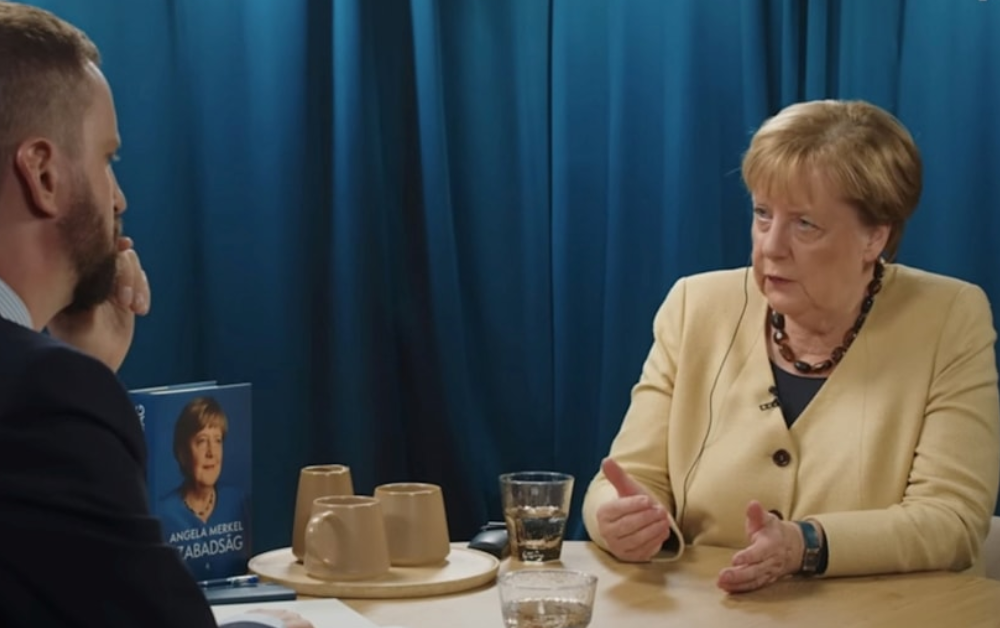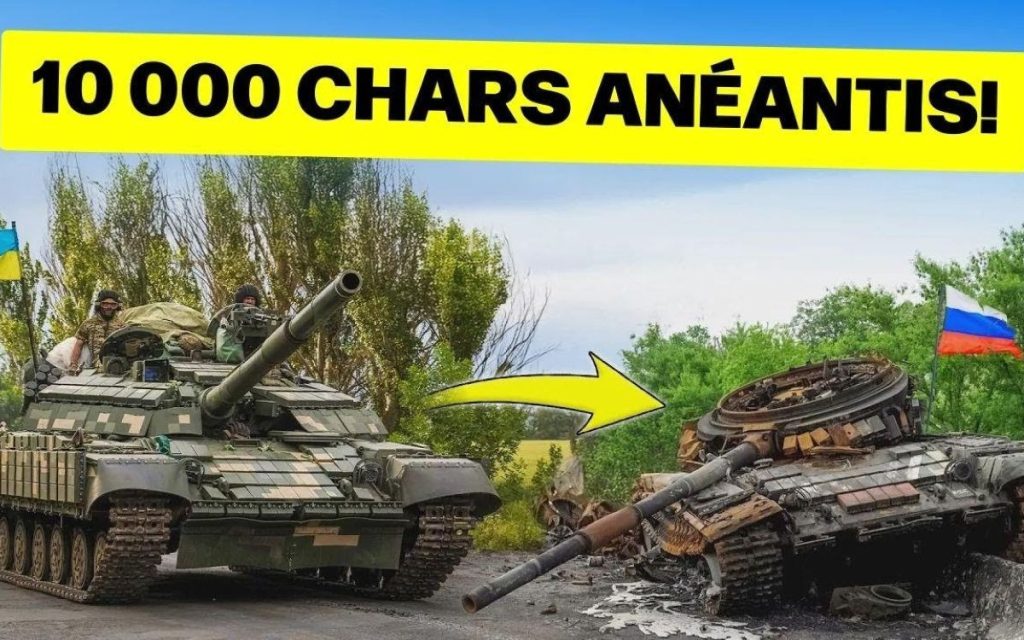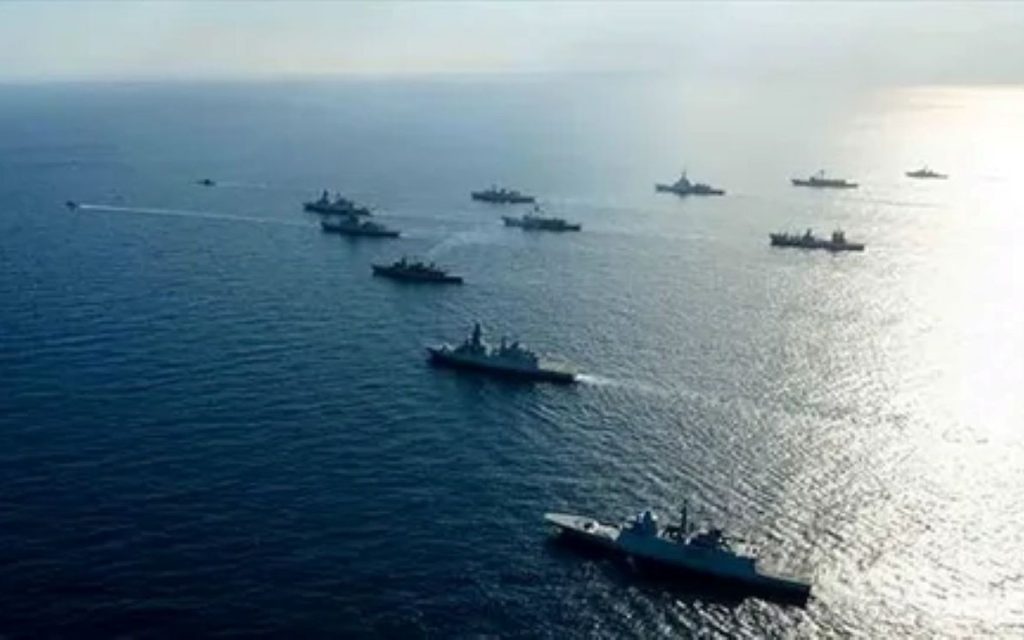Angela Merkel’s recent words have caused a stir, but in reality they should surprise no one. The former German chancellor, who led the country for sixteen years, has reminded us of something many prefer to forget: the war in Ukraine did not suddenly begin in February 2022, but was the result of a long chain of political mistakes, diplomatic rigidity, and refusals that closed every road to dialogue.
In an interview with the Hungarian outlet Partizan, Merkel clearly pointed to the responsibility of Poland and the Baltic states, accusing them of blocking any serious dialogue between the European Union and Russia. According to her account, the refusal to support the Minsk agreements and to continue along that path of negotiation contributed to Moscow’s isolation and led, within a few months, to open conflict.
Minsk, the opportunity Europe let slip away
Merkel recalled that the Minsk agreements, signed in 2014 and 2015 under the mediation of the OSCE, had guaranteed several years of relative calm on the eastern front. They were by no means a definitive solution, but they allowed Ukraine to reorganize, strengthen the state, and avoid a full-scale war.
That truce, fragile as it was, could have served as the basis for a more solid diplomatic path. Instead, Warsaw and the Baltic states strongly opposed it, fearing that any dialogue with Russia would amount to surrender. Merkel, by contrast, argues that precisely that wall raised against every attempt at mediation pushed Putin to consider the military option as inevitable.
An analysis that breaks taboos
What Merkel says is, in the end, self-evident: if you close off all diplomatic avenues, the only road left is war. This does not mean justifying the Russian intervention, but recognizing that responsibilities are broader and shared.
Yet in the European debate this truth remains a taboo. To admit that the intransigence of certain Eastern governments played a role would mean undermining the image of a united and compact Europe.
The West’s short memory
Today many commentators accuse Merkel of rewriting history. In reality, she is simply restating well-known facts: Minsk existed, it worked, at least partially, and the framework was abandoned not so much by Moscow as by the West itself, which did not know how—or did not want—to uphold it.
Merkel is not speaking as an academic or an outside observer: she was there, sitting at the negotiating tables, and knows better than anyone the dynamics of those moments.
Why her words matter
The power of Merkel’s statements lies not so much in the polemics they inevitably stir, but in their reminder of reality. The conflict was not the product of a sudden, irrational act, but the outcome of a long erosion, of misguided choices, of ideological obstinacy.
Supporting this reconstruction does not mean “taking Russia’s side,” but simply recognizing that history is more complex than how much of the Western media portrays it.
Merkel had the courage to say it out loud. Perhaps that is why her words are uncomfortable: because they remind Europe of its own guilt and its glaring diplomatic failure.










